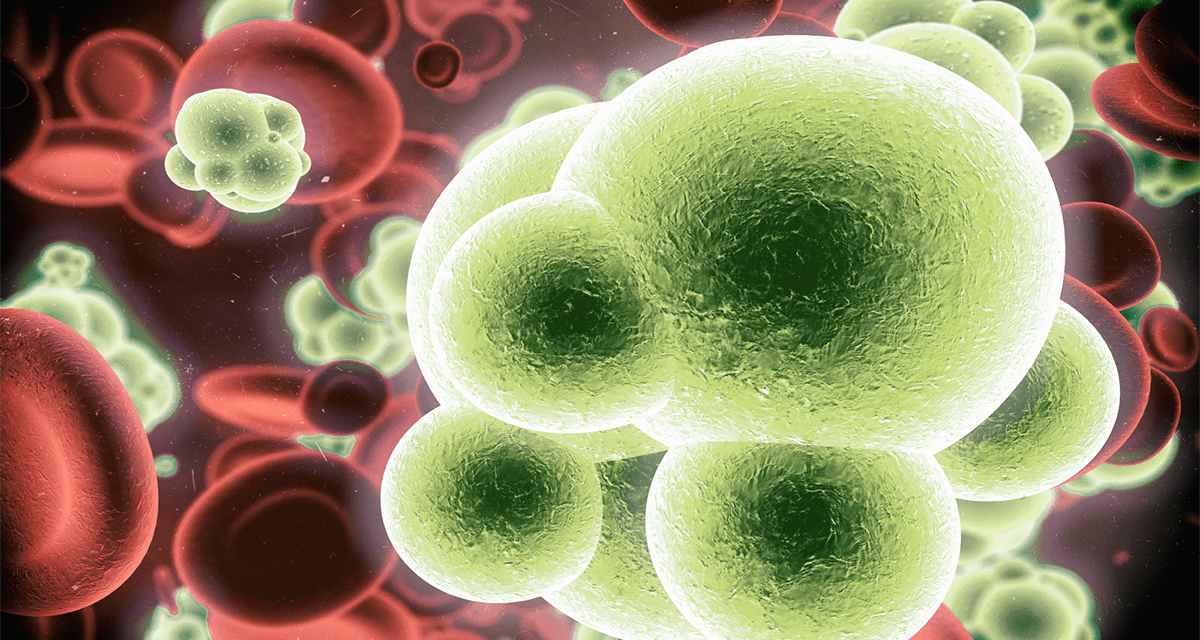Triplex vaccine was developed to enhance cytomegalovirus (CMV)-specific T cells and prevent CMV reactivation early after hematopoietic stem cell transplant (HCT).
To determine the safety and efficacy of Triplex.
First-in-patient, phase 2 trial. (ClinicalTrials.gov: NCT02506933).
3 U.S. HCT centers.
102 CMV-seropositive HCT recipients at high risk for CMV reactivation.
Intramuscular injections of Triplex or placebo were given on days 28 and 56 after HCT. Triplex is a recombinant attenuated poxvirus (modified vaccinia Ankara) expressing immunodominant CMV antigens.
The primary outcomes were CMV events (CMV DNA level ≥1250 IU/mL, CMV viremia requiring antiviral treatment, or end-organ disease), nonrelapse mortality, and severe (grade 3 or 4) graft-versus-host disease (GVHD), all evaluated through 100 days after HCT, and grade 3 or 4 adverse events (AEs) within 2 weeks after vaccination that were probably or definitely attributable to injection.
A total of 102 patients (51 per group) received the first vaccination, and 91 (89.2%) received both vaccinations (46 Triplex and 45 placebo). Reactivation of CMV occurred in 5 Triplex (9.8%) and 10 placebo (19.6%) recipients (hazard ratio, 0.46 [95% CI, 0.16 to 1.4]; P = 0.075). No Triplex recipient died of nonrelapse causes during the first 100 days or had serious AEs, and no grade 3 or 4 AEs related to vaccination were observed within 2 weeks after vaccination. Incidence of severe acute GVHD after injection was similar between groups (hazard ratio, 1.1 [CI, 0.53 to 2.4]; P = 0.23). Levels of long-lasting, pp65-specific T cells with effector memory phenotype were significantly higher in Triplex than placebo recipients.
The lower-than-expected incidence of CMV events in the placebo group reduced the power of the trial.
No vaccine-associated safety concerns were identified. Triplex elicited and amplified CMV-specific immune responses, and fewer Triplex-vaccinated patients had CMV viremia.
National Cancer Institute and Helocyte.
Poxvirus Vectored Cytomegalovirus Vaccine to Prevent Cytomegalovirus Viremia in Transplant Recipients: A Phase 2, Randomized Clinical Trial.


